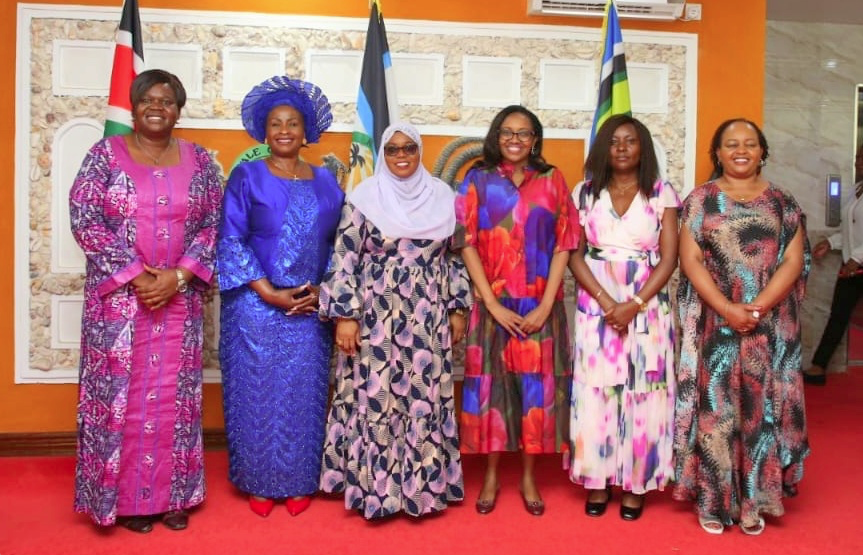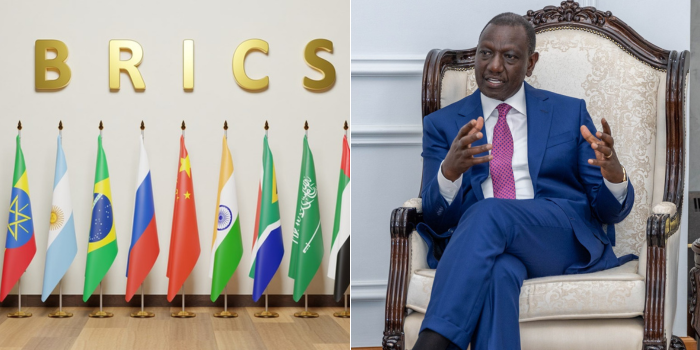Why Women Will Pay the Price Again
By Doris Kathia

The Global Gag Rule (GGR), formally known as the “Protecting Life in Global Health Assistance” policy, is one of the most contentious U.S. foreign aid policies. It prohibits foreign organizations receiving U.S. global health funds from using their own funds for abortion-related activities, including counseling, referrals, or advocacy, even when such activities are legal in their home countries. Globally, this policy, which is reinstated or rescinded based on the sitting U.S. president's stance on reproductive health, has profound consequences for women’s health and rights. With Donald Trump’s past tenure marked by an expansive application of the GGR, a potential reinstatement promises to inflict severe harm on women’s health systems, civil liberties, and the fight for reproductive justice.
The GGR has grave consequences other than what is often portrayed - restriction on abortion. When reinstated, the policy undermines access to contraception, maternal and child health services, and HIV prevention programs. In fact, the GGR does not reduce abortions. Instead, by cutting funding for contraception and other family planning services, it leads to more unintended pregnancies and, consequently, an increase in unsafe abortions. Between 2017 and 2021 for instance, during Trump’s implementation of the GGR, an estimated 108,000 maternal and child deaths and 360,000 new HIV infections occurred due to the policy’s ripple effects.
Additionally, the GGR’s disrupt entire healthcare ecosystems. For instance, during Trump’s presidency, organizations delivering HIV treatment through the President’s Emergency Plan for AIDS Relief (PEPFAR) faced new compliance burdens. Programs tackling gender-based violence (GBV), providing water, sanitation, and hygiene (WASH) services, and promoting universal health coverage also suffered significant setbacks. Furthermore, the GGR infringes on freedom of speech and association by dictating what organizations can say and do, even with non-U.S. funds. In countries with already restrictive environments, this stifling of advocacy can embolden authoritarian regimes to further suppress civil society and limit women's rights. Although one of the sustainable development goals is to promote gender equality, the GGR’s chilling effect on advocacy for liberalizing abortion laws prevents countries from advancing gender equality. This is because, especially the developing countries tend to delay or abandon reforms aimed at expanding women’s reproductive rights, perpetuating cycles of discrimination and health inequities.
Also Read;
-
From Protests to Action: Will Kenya Finally Confront Its Femicide Crisis?
-
Achieving Rights for All Women and Girls through Feminist Approach
If Trump reinstates the GGR in an even more expansive form, as outlined in the Heritage Foundation’s Project 2025, its impacts will be devastating. The proposed framework seeks to extend the policy to all U.S. foreign assistance, multilateral organizations, and even government-to-government funding. It also includes provisions for a “Transgender Gag Rule,” signaling a broader attack on sexual and reproductive rights. This escalation will particularly harm African countries, where U.S. funding is critical for healthcare delivery. Organizations that rely on these funds will face impossible choices, ultimately leaving millions without access to essential services. When forced to choose between U.S. funding and comprehensive care, many organizations reduce or eliminate crucial services, leaving vulnerable populations, especially women in low-income countries, without options. Therefore, dictating how organizations can use non-U.S. funds, the policy effectively silences essential reproductive health advocacy and limits healthcare providers' ability to meet the needs of their communities.
Reproductive health morbidity is a drain on global health expenditure, decreases capacity for household self-reliance, and reduces investment in health education and infrastructure. Hence, there is a need to re-evaluate these policies and ensure the unrestricted and effective implementation of laws, programs, and services dedicated to the promotion of health rights, gender equality, and the empowerment of women and girls. Therefore, we call for the repeal of the Global Gag Rule in both law and practice and the immediate release of essential funding to meet corporate requirements on women's and girls' health and rights, including sexual and reproductive health.
Ms. Kathia is a Human Rights Defender and a communications specialist
What's Your Reaction?





































































































